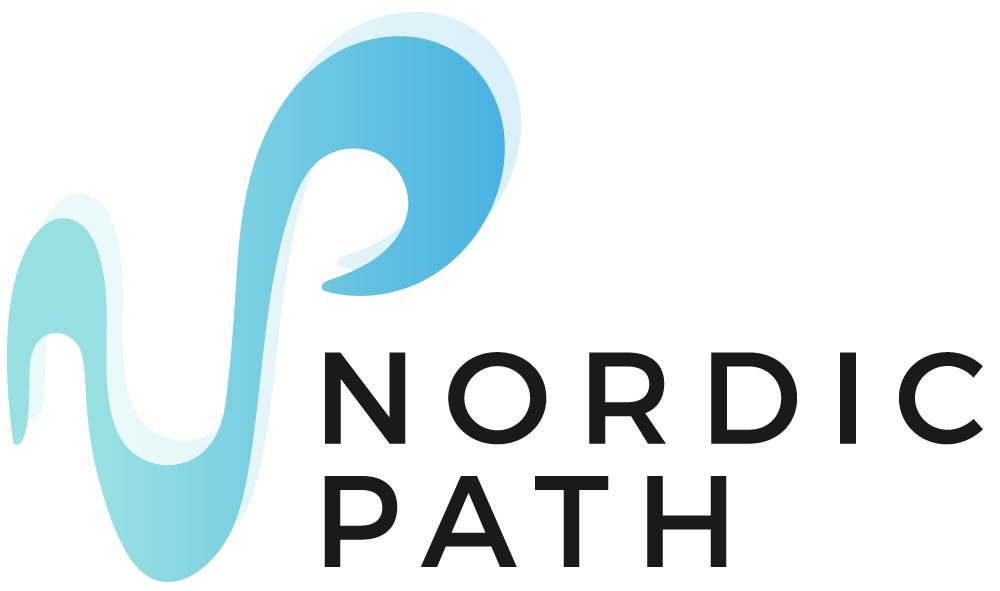The International Conference on Smart and Sustainable Technologies (SpliTech) aims at bringing together academia and professionals from around the world to exchange and discuss ideas while developing collaborations on IoT, Smart city/Environment, RFID, Energy and eHealth. In the 8th edition of the conference, held at Bol (Croatia), part of the NordicPATH consortium presented some of the project’s results, collected in the paper Agency and Responsibility in Smart Air Pollution Monitoring.
As the abstract introduces, “In this paper, we use two cases to illustrate the role of citizens, researchers, and low-cost sensors for air quality monitoring in communal smart environments. In these settings, human-sensor collaborations might reconfigure relations between actors of Citizen Science and the political processes in the terms of roles, agency, and responsibilities. By looking at two cases run in Denmark and Norway, we strive to understand the roles played by citizens, researchers, and sensors in air quality monitoring, the responsibilities assigned to citizens and sensors in producing data about air pollution, and how the quality of the collected data was judged. The two cases show that low-cost sensors constitute an important driver for participation. By collecting data that can be used by local governments to derive relevant insights and informing action, citizens can be more actively involved in improving and maintaining the quality of their living environment. In both cases, we see the sensors as holding the potential to change the way citizens look at their living environments and facilitate data creation as a purposeful and meaningful social activity.”
You can access the full paper here
Published by vitaller
